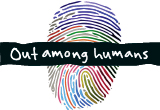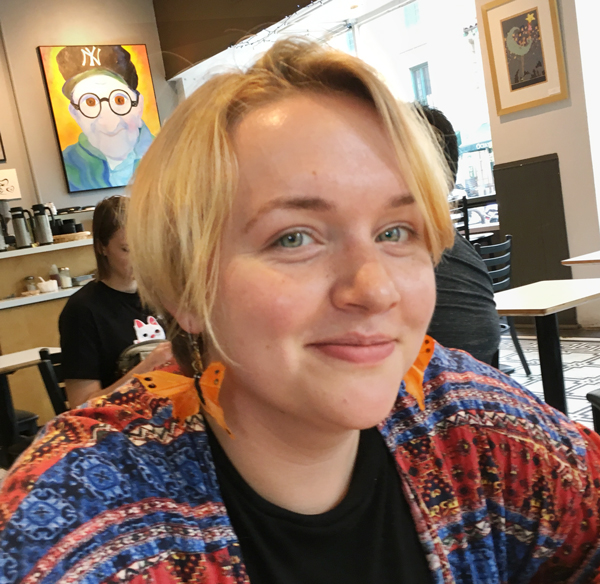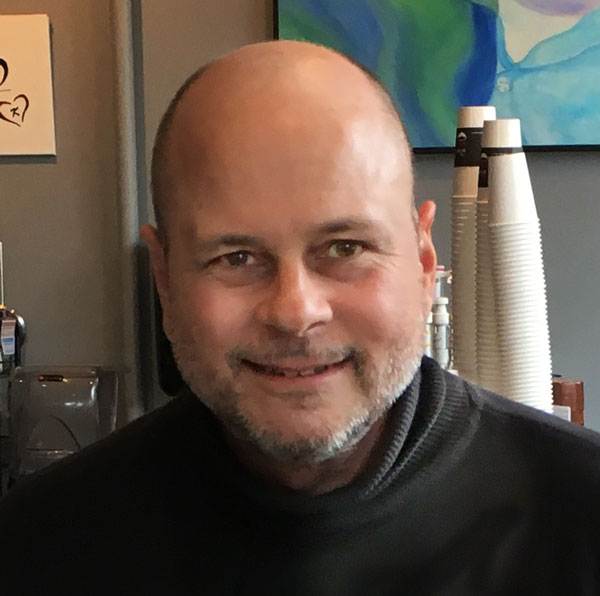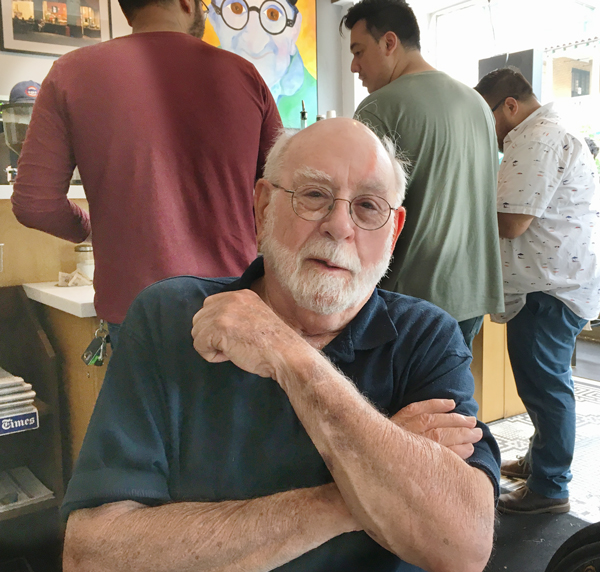 The Age of Steam was ending just about the time the Age of Larry was beginning.Larry followed his father onto the railroads.
The Age of Steam was ending just about the time the Age of Larry was beginning.Larry followed his father onto the railroads.
It wasn’t sorting mail for the post office that particularly interested them, it was the movement and the occasional sensation of weightlessness that being on the line affords.
Larry’s father would take him to visit mail cars, and each summer when they stayed with relatives in the eastern Ohio, Larry would sneak away to explore the train yards.
He worked the rails until aviation and technology revolutionized moving mail. It was a letdown to end up working in a suburban zip code.
A few years later a non-profit dedicated to the heritage of trains had formed and four years after joining as one of its first members, Larry became a fully licensed engineer.
The group rescues orphaned steam and diesel engines from auctions and scrapyards. They consult vintage manuals to repair and maintain abandoned technologies. They’ve leaned on the knowledge of old timers who had worked their farms using steam power.
You need to control steam, Larry will tell you. An engineer plays the throttle to keep for “spinning his wheels” and to guard against superheated backdrafts that play havoc with the all-important bed of coals. A mismanaged steam locomotive is a dangerous thing.
Curves, grades and ice pose problems for a 100-ton engine that rolls on smooth wheels over smooth rails. Even master engineers sometimes need to back up and charge hills again. The children’s book — “The Little Engine That Could” — is testimony to what railroading is about.
Reading the clanks and jerks and the inhaling and exhaling wheezes (which led to trains being called ‘choo choo’ trains) is critical to an engineer. He can see out to only one side while the fireman looks forward from the other. They constantly consult the ground to gauge velocity.
If takes several hours to prime a cold engine. Wood gets stoked first, then the fireman switches to coal to built a ‘head of steam.’ It’s necessary to take on water every 100 miles or so during a normal run.
Many nights Larry stays over in an industrial structure that serves as a bunkhouse for the crews. He’s right at home in the small town with its few cafes and stores.
His children and grandchildren, his lovely and good-humored wife, and anything having to do with Whitewater Valley Railroad vie equally for his affection.
Larry Shiplett is the oldest of three brothers, and is generally considered the most handsome.





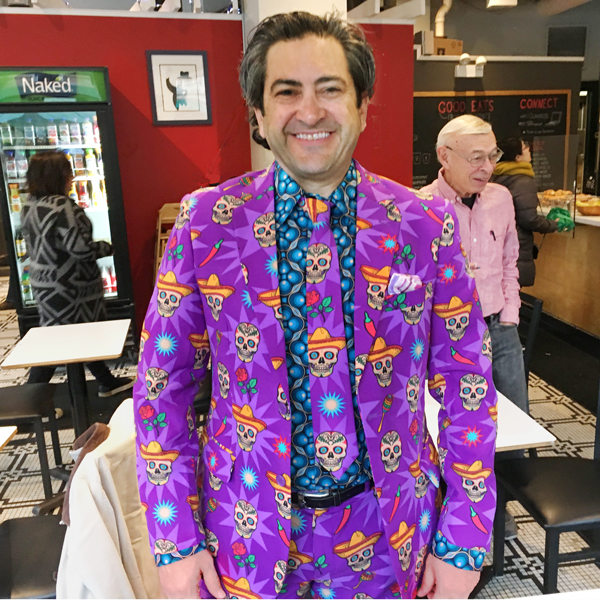 Phantoms on the highways just outside of town.The unmistakable odor of ghouls in the cold air just before dawn.
Phantoms on the highways just outside of town.The unmistakable odor of ghouls in the cold air just before dawn.![]()
